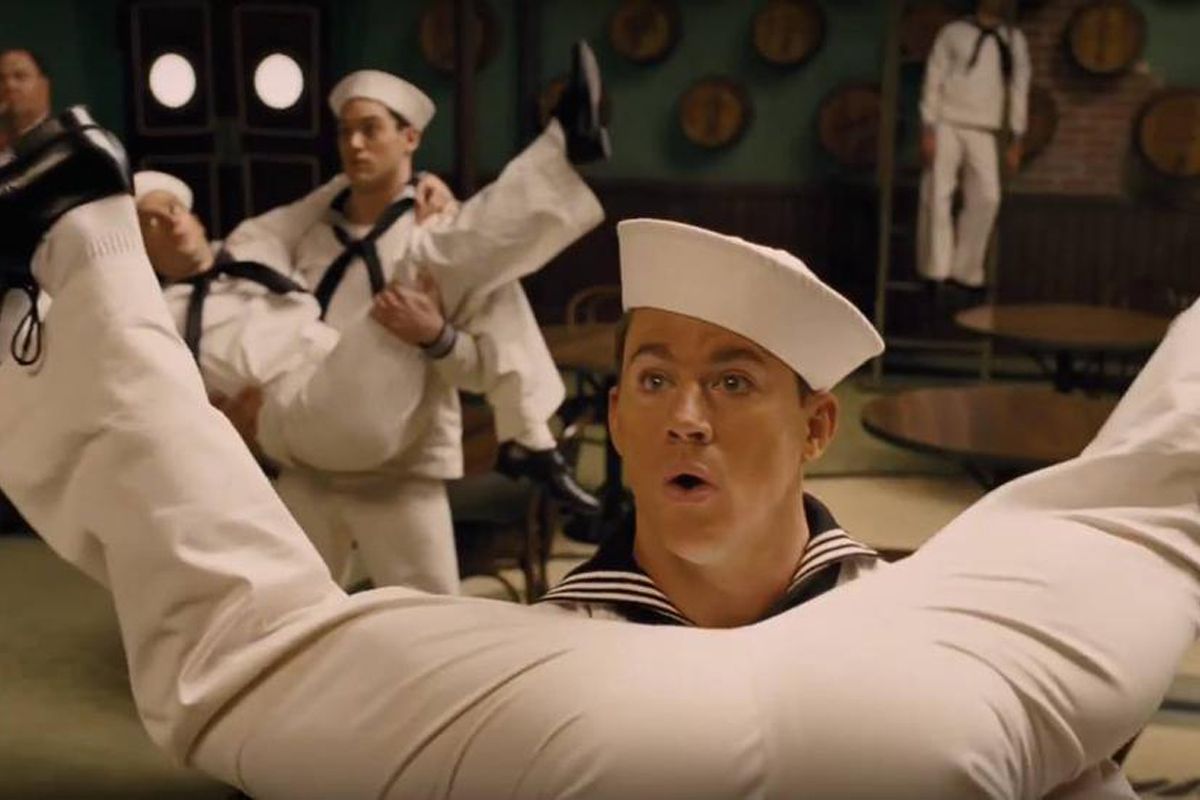As the head of production at the fictional film studio ‘Capitol’ during the early post-war years, Eddie Mannix (Brolin) fills his time outside the office cleaning up after the contracted talent, making sure their extracurricular activities don’t end up as tabloid fodder. He juggles the police, priests and the press in an effort to keep any digressions on the hush-hush.
With unmarried starlet Deanna Moran (Johansson) all knocked up outside of marriage, Mannix forces her to agree to putting the child into foster care so that she can later adopt – in order to avoid controversy that might hurt her public profile and, by extension, the studio.
Meanwhile, the big production currently underway is ‘Hail Caesar! A Tale of the Christ’, but when leading man Baird Whitlock (Clooney) is kidnapped and held to ransom by a communist cell working inside the studio, it falls to Mannix to make sure the cameras keep rolling …
Numbskull No 3
Few writer/directors are as prolific as the Coen Brothers. Surpassed only by Woody Allen in terms of quantitative output, many of their films, such as The Big Lebowski and Fargo, have gained cult status. However, like Allen, they have had their fair share of misfires, of which their 2004 remake of the Ealing comedy The Ladykillers is a notable example.
And they have produced a number of films received with critical and box office indifference. O Brother Where Art Thou and Burn After Reading fall squarely into that latter category, and so it might come as little surprise should Hail, Caesar!, which joins those two films to complete what the Coens call a ‘Numbskull Trilogy’, elicits a similar response.
Honorary Brother Brolin
Brolin, who is fast becoming a Coen regular, is as ever eminently watchable in a role not dissimilar to his detective from Paul Thomas Anderson’s Inherent Vice.
And of course, being a film made by the Coen Brothers, there are some amusing moments – in particular, one in which Mannix heads a round-table debate about the representation of the life of Christ with a cross-section of religious leaders, none of whom can find any theological common ground on the subject of Christ let alone the script.
A bit bare on the Red Scare
The era of the Red Scare – when paranoia about Russian spies was reaching fever pitch in Hollywood, which was also depicted in the recently-released Trumbo – is an undeniably fascinating one in US history. However, much of this paranoia is mined for comedic irony over political intrigue.
Far better is the film’s recreation of the cinema of the American golden age, with sequences lovingly homaged by the Coens’ regular cinematographer Roger Deakins.
One such sequence features a tap routine performed by a band of sailors led by a surprisingly adept Channing Tatum, brilliantly aping Gene Kelly in Anchors Aweigh.
Good ingredients, poor mix
As with many of the Coens’ films, the cast is large and impressive, but in this case, less might have been more. In addition to those already mentioned, we get Tilda Swinton, Ralph Fiennes, Jonah Hill, Frances McDormand etc.
None of their characters have the necessary screen time to warrant your engagement, and in similar fashion – despite much potential in the film’s many elements – Hail, Caesar! is not quite the sum of its parts.














